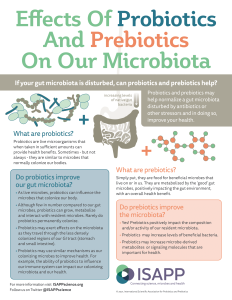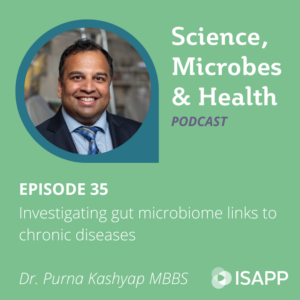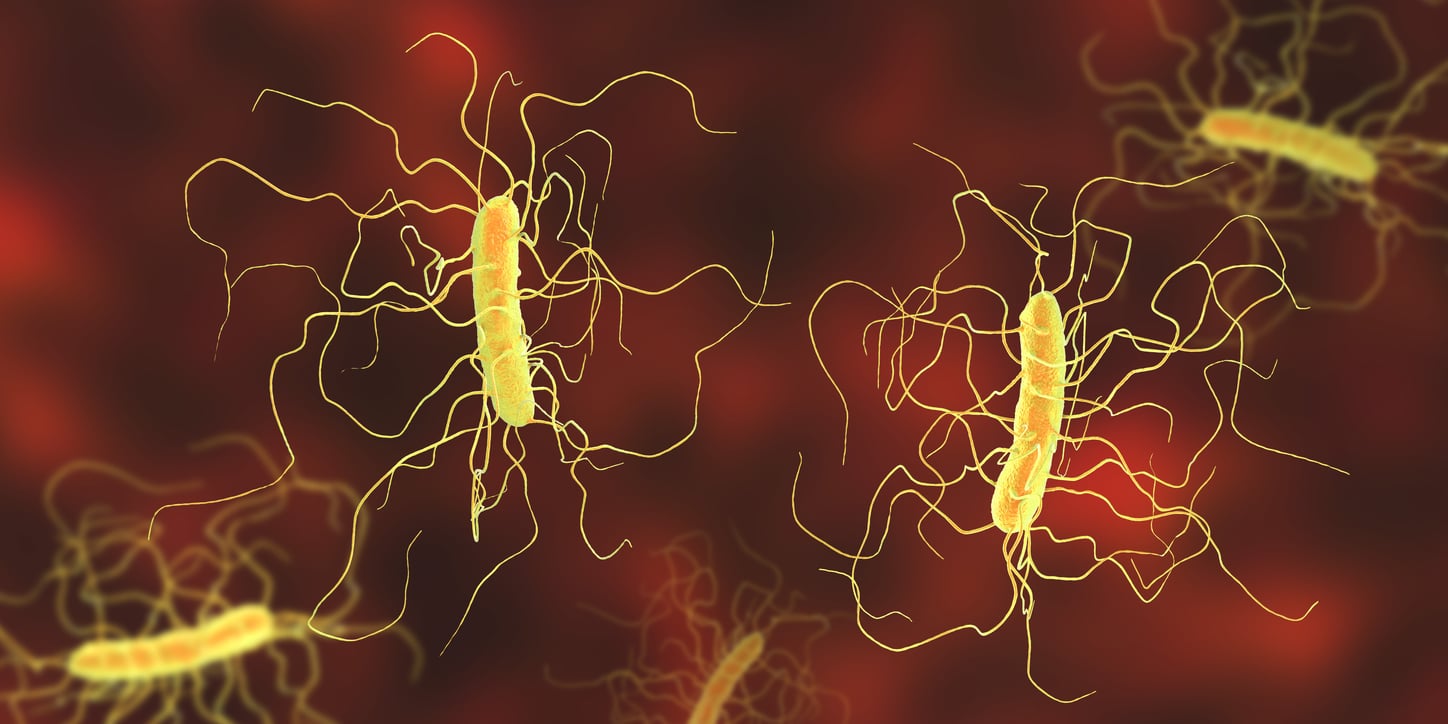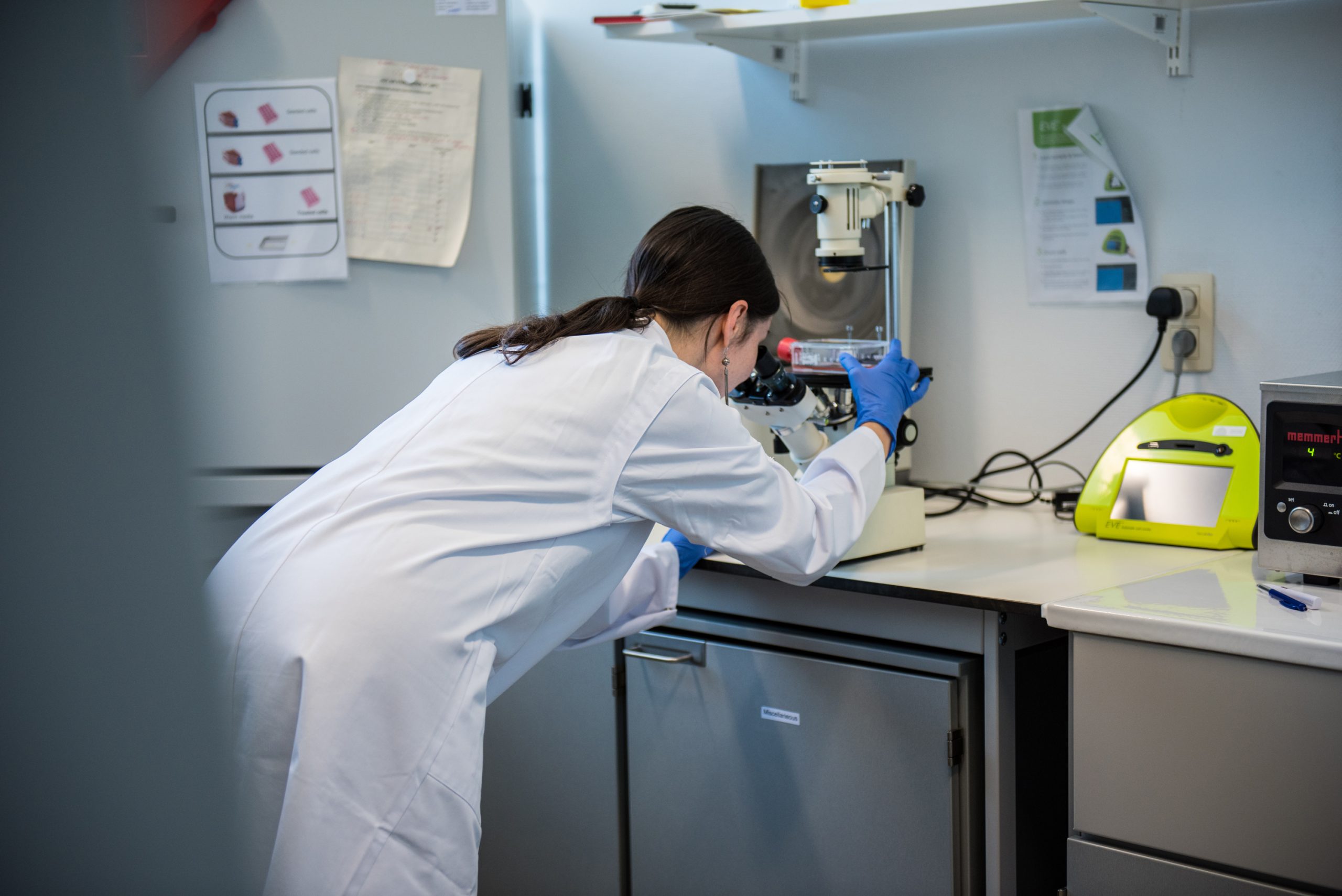Microbiome
The gut microbiome plays a key role in supporting overall health.
The gut microbiome plays a key role in supporting overall health.
In recent years, growing research has revealed that the microbes living in and on our bodies may have profound influences on health. The human microbiome encompasses all the microbes associated with the human body, including gut, skin, respiratory tract, urogenital tract and other body sites. While the term microbiota refers to the microorganisms themselves (which may include bacteria, fungi and viruses), the term microbiome includes the microorganisms along with their collective genomes and metabolites (the molecules they produce).
Inside the gut, normal microbial residents as well as the microbes we eat are constantly interacting with our human cells, including cells of the gut wall and immune system. Beneficial interactions can reinforce the barrier function of the intestinal lining, decreasing passage of bacteria or outside substances from the intestine into the bloodstream, and serve to stimulate the immune system for optimal functioning. Not all actions of the microbiome are positive, however, and some microbial activities are thought to contribute to poor health. Research is underway to determine which gut microbes lead to which health outcomes, and how to modify them to support better health.













